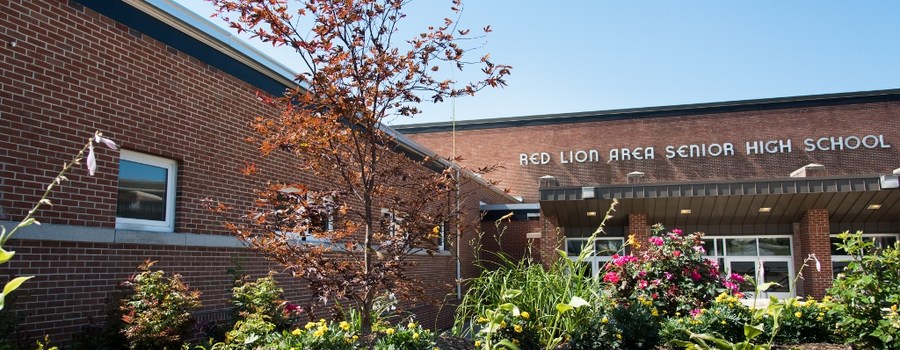Lessons in Peace, Agency, Beer and Food
The capstone of Goucher College's Honors Program is a multidisciplinary senior seminar. In the Spring 2003 semester, six professors divided up the semester between them. We spent two weeks learning about post-colonialism through the lens of sugar with
a book like this one, spent another two weeks reading a fascinating dissertation about math and philosophy ... and joined a Peace Studies course for two weeks, taught by a new faculty member, Prof. Seble Dawit.
An article in the Baltimore Sun a year after I graduated highlighted Goucher's Peace Studies minor, which has since become a major.
"Conflict is not the problem," says the human rights lawyer, whom Goucher hired three years ago to create a major in the field. "The problem is continuing human reliance on incredible and often catastrophic violence as a means of resolving conflict."
I remember Seble as a short, compact, lively woman with a big smile and a fascinating life, from Ethiopian refugee to an academic comfortable with controversy in defense of African self-determination.















